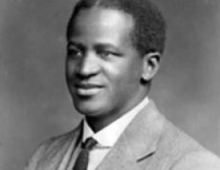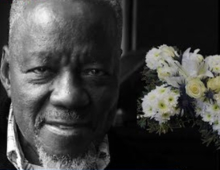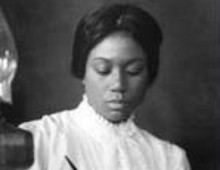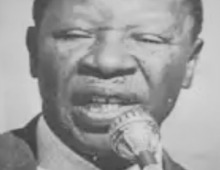Legacy noun leg·a·cy \ˈle-gə-sē\ – something transmitted by or received from an ancestor or predecessor or from the past Word Origin: from Medieval Latin lēgātia commission
– Oxford Dictionary
Carve your name on hearts, not tombstones. A legacy is etched into the minds of others and the stories they share about you.”
The Pioneers, has been running since 2014 with the principle aim of unearthing the history buried away by the erstwhile apartheid, in a bid to obliterate the legacy built by Africans, particularly in the literary world. Since its launch the Pioneers section has recorded and brought to light the Black Press players of the 1800s. Influenced by the missionary colonial education, the era produced giants such as Tiyo Soga, the first black literary figure, co-translator of the Bible and Pilgrim’s Progress into Xhosa.
Demonstrated impact made by Independent Black Newspaper proprietors 1884-1932, was recorded through John Tengo Jabavu’s Imvo Zabantsundu , Allan Kirkland Soga and Walter Rubusana’s Izwi Labantu. While there were many Tswana publications prior to Solomon T Plaatje and Silas Molema’s it was the duo’s purchase of Koranta ea Becoana, a Tswana/English newspaper from George Nathaniel Henry Whale in 1901, that would be the first ‘native owned ’ Tswana paper.
Basotho, produced a treasure in H S Tlale who played a major role in founding the first Sotho newspaper Mochochono (The Comet) in Basutoland, now known as Lesotho, in 1911. When the Columbia and Oxford Universities educated Pixley Ka Izaka Seme and three other lawyers – Alfred Mandena, R.W. Msimang and G.D Montsioa – founded the African National Congress (ANC), he conceived the idea of establishing a newspaper that could be used as a mouthpiece of the organisation. Abantu-Batho was launched in 1913, a merger between Molomo Oa Batho and Morumia, with C Kunene as English and Zulu editor and D S Lentaka as Sotho editor.
These are but a few pioneers of the 62 we have covered to date who form the wealth of the legacy built by these incredible individuals who have bequeathed worthy history to etch in the hearts and minds of generations to come. As we continue the journey through different eras, we endeavor to keep a promise and a commitment to publish quality stories about men and women who have contributed to the development of our society, as a way to preserving their legacy and recording the history that would have otherwise died along with their spirits.
This section will continue to search for these pioneers and bring them to the fore. Bantu Press Pty Ltd era that sought to commercialise black media consumption, introducing the Bantu World will also be looked into. While we have covered some of the Pioneers referred to, be assured that we will examine the commercialisation era, the Drum era and women Pioneers. This journey is nowhere near over.






























